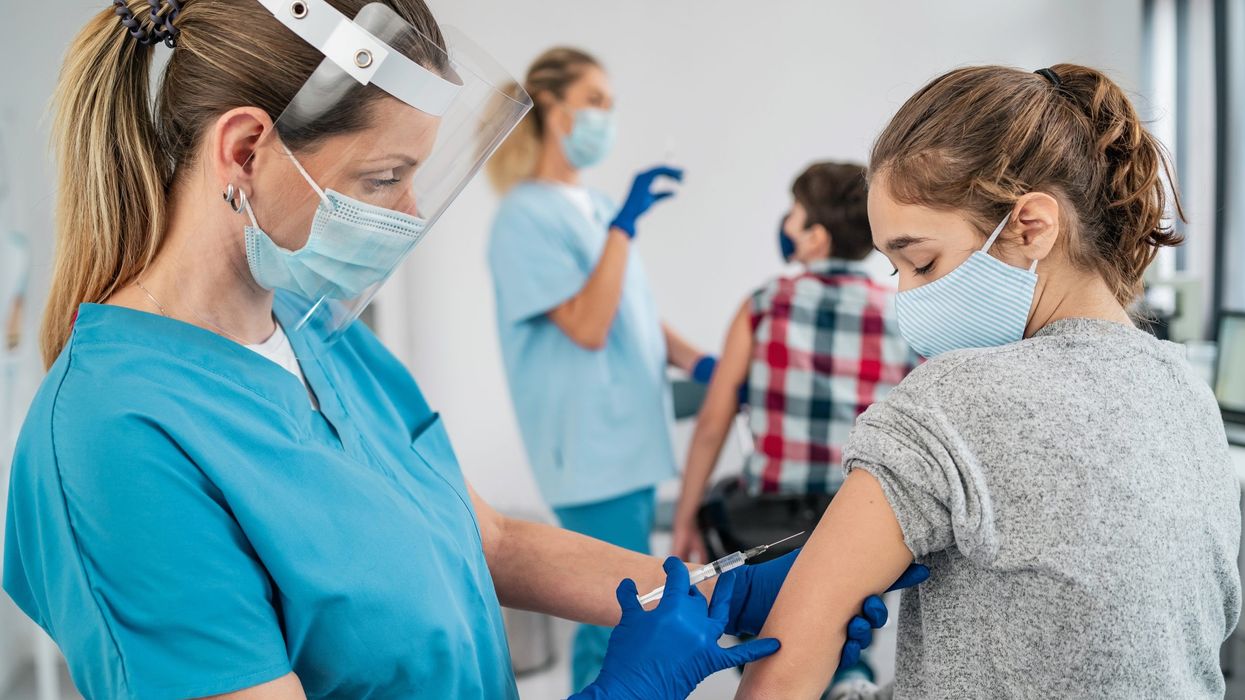The introduction of the evergreen assessment is part of NHS England's ambition to reach carbon net zero by 2045
Starting from January 2024, it will be compulsory for medicine suppliers in the NHS supply chain in England to submit an Evergreen Sustainable Supplier Assessment each year.
Suppliers who fail to submit the sustainability assessment will not be placed on medicines contracts, said NHS England.
The NHS has taken this move as part of its ambition to reach carbon net zero by 2045.
The Evergreen Sustainable Supplier Assessment is a self-assessment and reporting tool for suppliers to share sustainability information with the NHS.
Chris McAleer, medicines net zero project delivery manager at NHS England, announced this new rule at the Guild of Healthcare Pharmacists’ Procurement and Distribution Interest Group Autumn Symposium held in Birmingham on 2 November 2023.
As quoted in the Pharmaceutical Journal, McAleer said: “Across all NHS England medicines procurements, you [the supplier] will be required to submit an evergreen assessment.
“If you [the supplier] do not have a submission, you will not proceed on further in that procurement process and won’t be able to get placed on an NHS England medicines framework or contract.
“The way that we’re going to be monitoring KPIs [key performance indicators] with this, is that during the life of a framework or contract, if you lapse in not having a submission, we will treat that as a breach of contract capable of remedy,” he added.
After receiving their evergreen assessment, the suppliers will be assessed against four maturity levels to check if they align with NHS sustainability priorities.
However, McAleer stated that NHS England is not asking for a level from the suppliers, but to submit.
“The reason we’re doing that is because we understand suppliers are different parts on their journey. Not everyone is going to be at the top level, some people might still be collating information to put any information in there at all.
“This is why we want a submission, and it’s going to be a pass or fail,” he added, as quoted by the Royal Pharmaceutical Society's official journal.
Medicine suppliers’ reactions
The Association of the British Pharmaceutical Industry (ABPI) informed the journal that it has worked with the Greener NHS programme to develop the evergreen assessment.
The ABPI believes that the assessment will allow companies/suppliers to engage consistently and through a single route with the NHS to reach “the overall net-zero targets and timelines.”
Further, the Association informed that they are committed to meeting the requirements.
Martin Sawyer, executive director at the Healthcare Distribution Association (HDA), which represents medicines wholesalers, said that its members support the NHS net-zero agenda.
He mentioned that the NHS net-zero agenda will “present bigger challenges when it begins to include primary care in the future.”
According to Sawyer, HDA members have started calculating their respective carbon emissions footprint for their part of this journey for each medicine pack.
“This calculation will then be communicated to each manufacturer whose products the particular wholesaler or 3PL [third party logistics companies] stores and distributes,” he told the Pharmaceutical Journal.
Medicines account for 25 per cent of emissions within the NHS
NHS England and NHS Improvement are determined to become the world’s first “net-zero” national health service.
A report published by them in October 2020 highlighted two targets: to reach net zero by the year 2040 for carbon emissions the NHS controls directly, and by 2045 for emissions the NHS influences but does not directly control.
As per the report, medicines accounted for 25 per cent of emissions within the NHS.
Anaesthetic gases account for 2 per cent of emissions, while propellant gases from inhalers account for 3 per cent of emissions.












